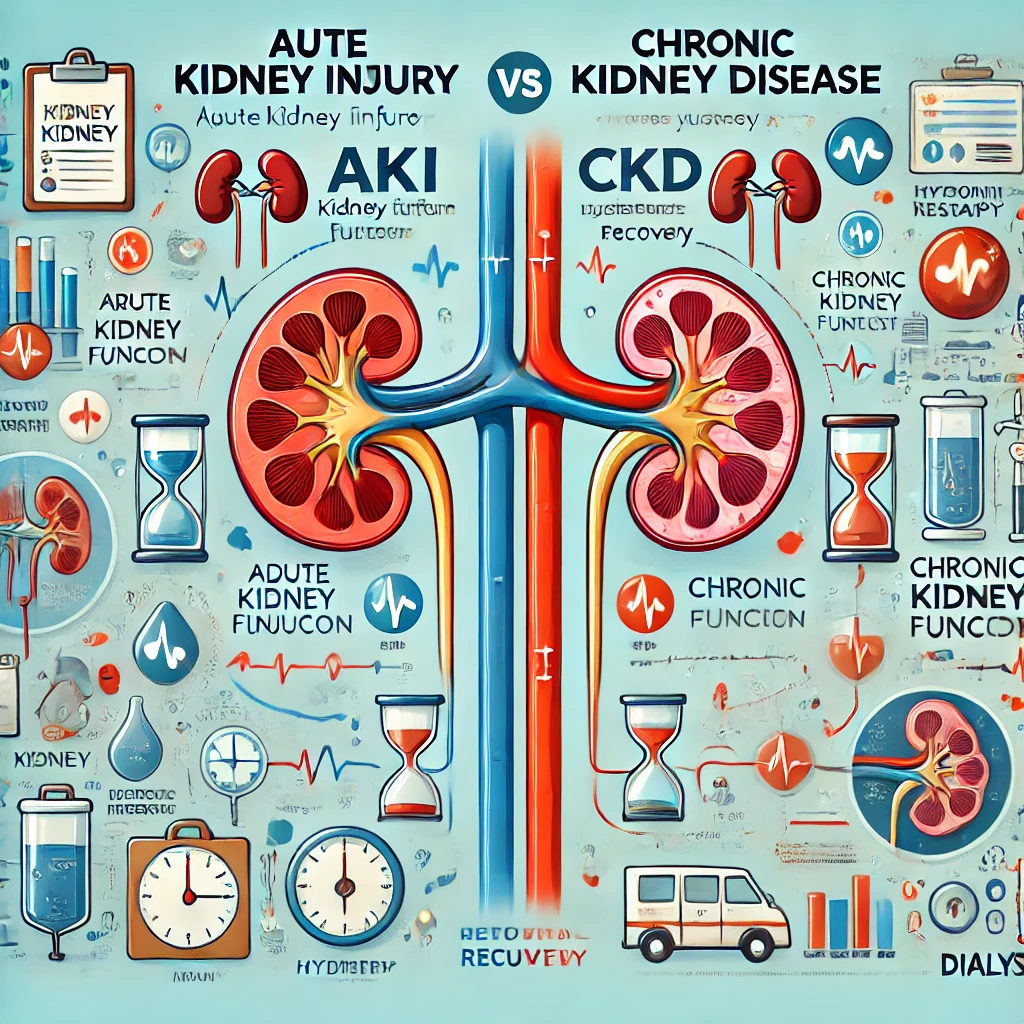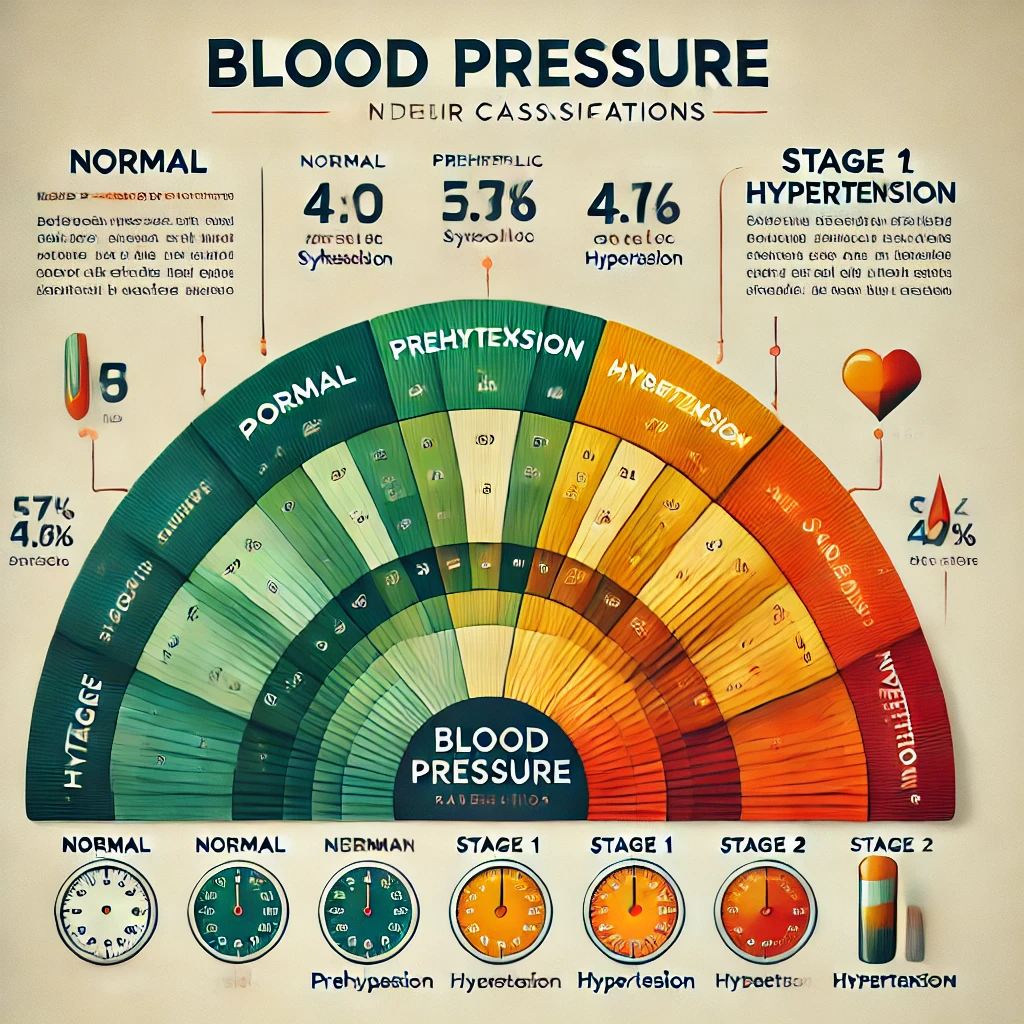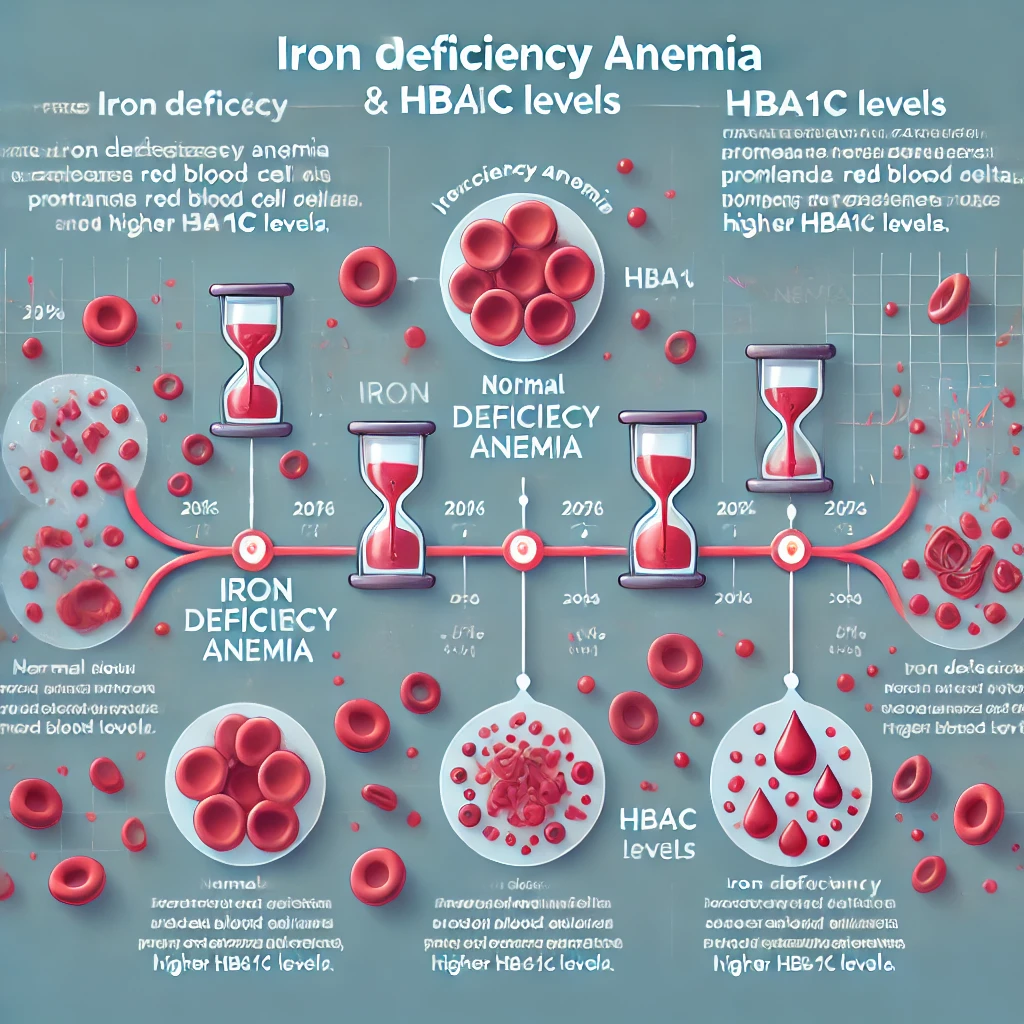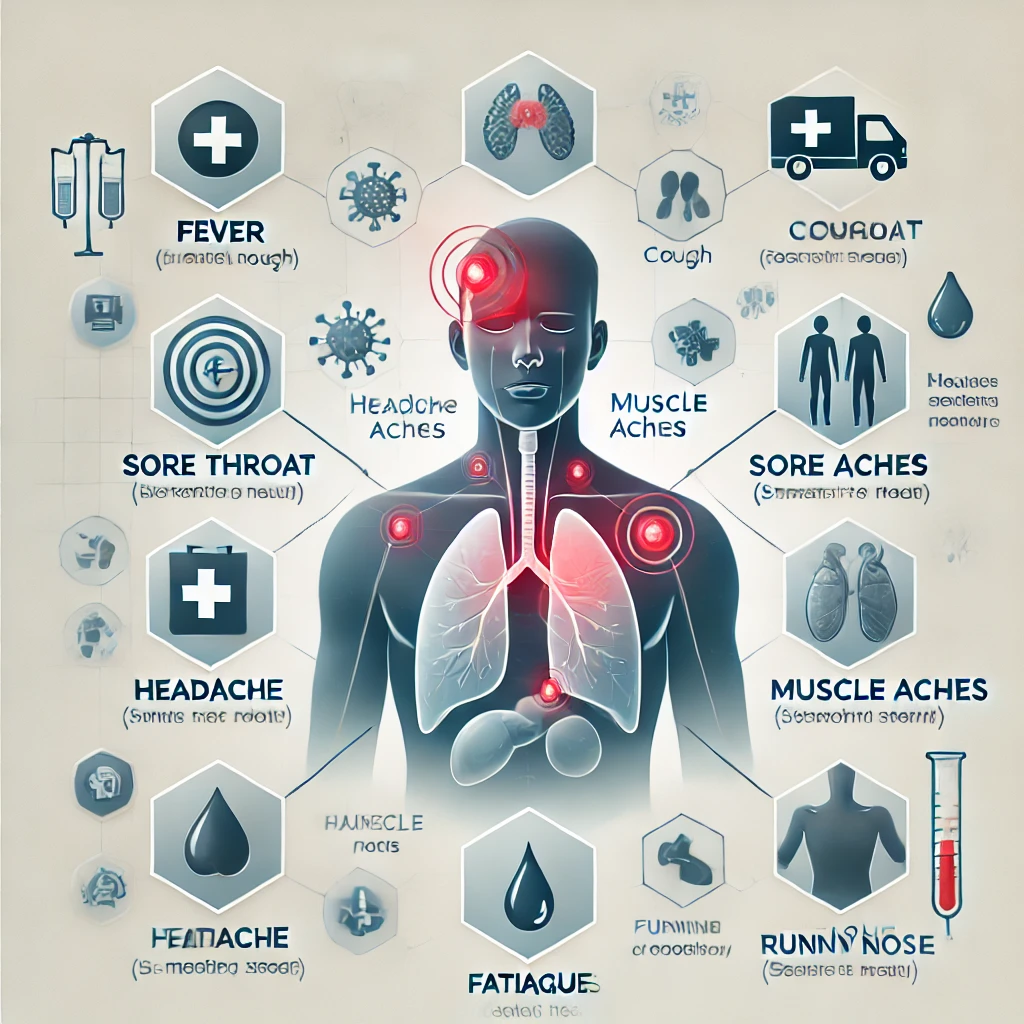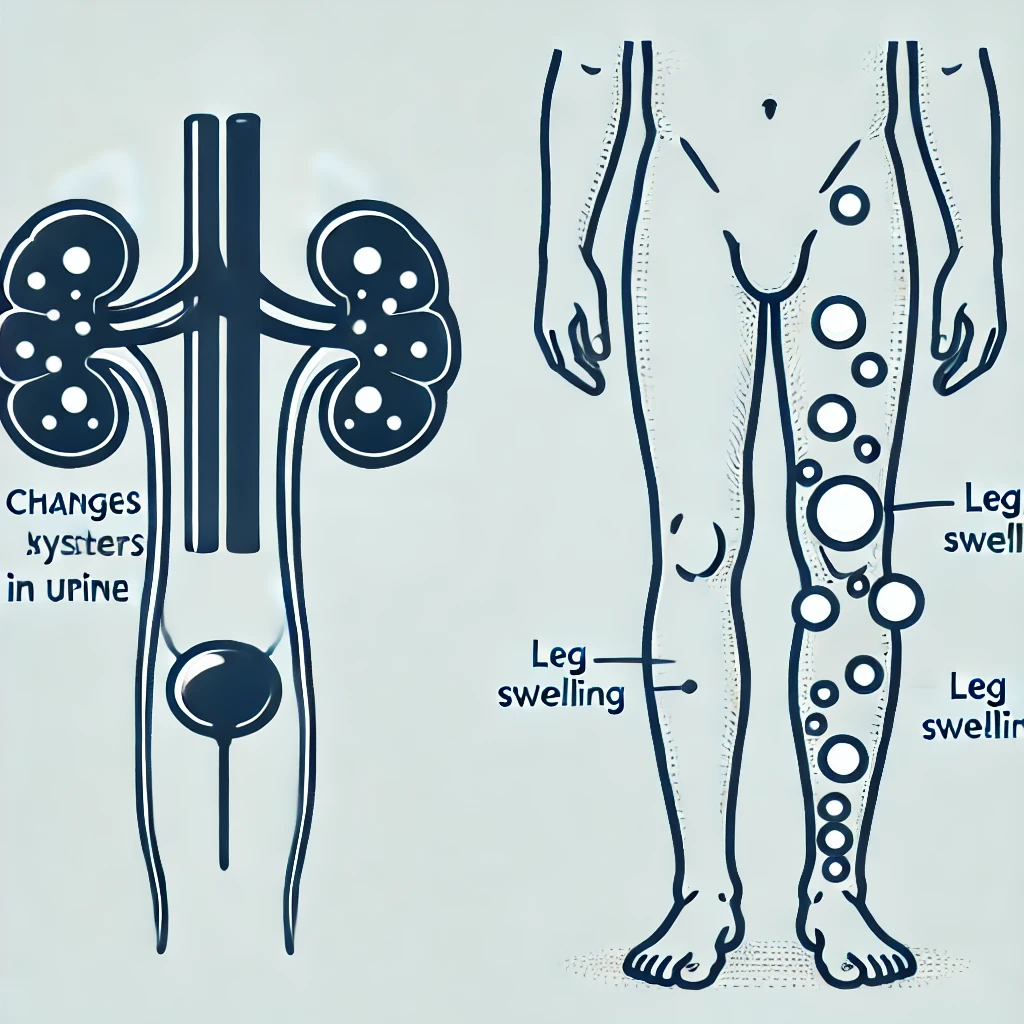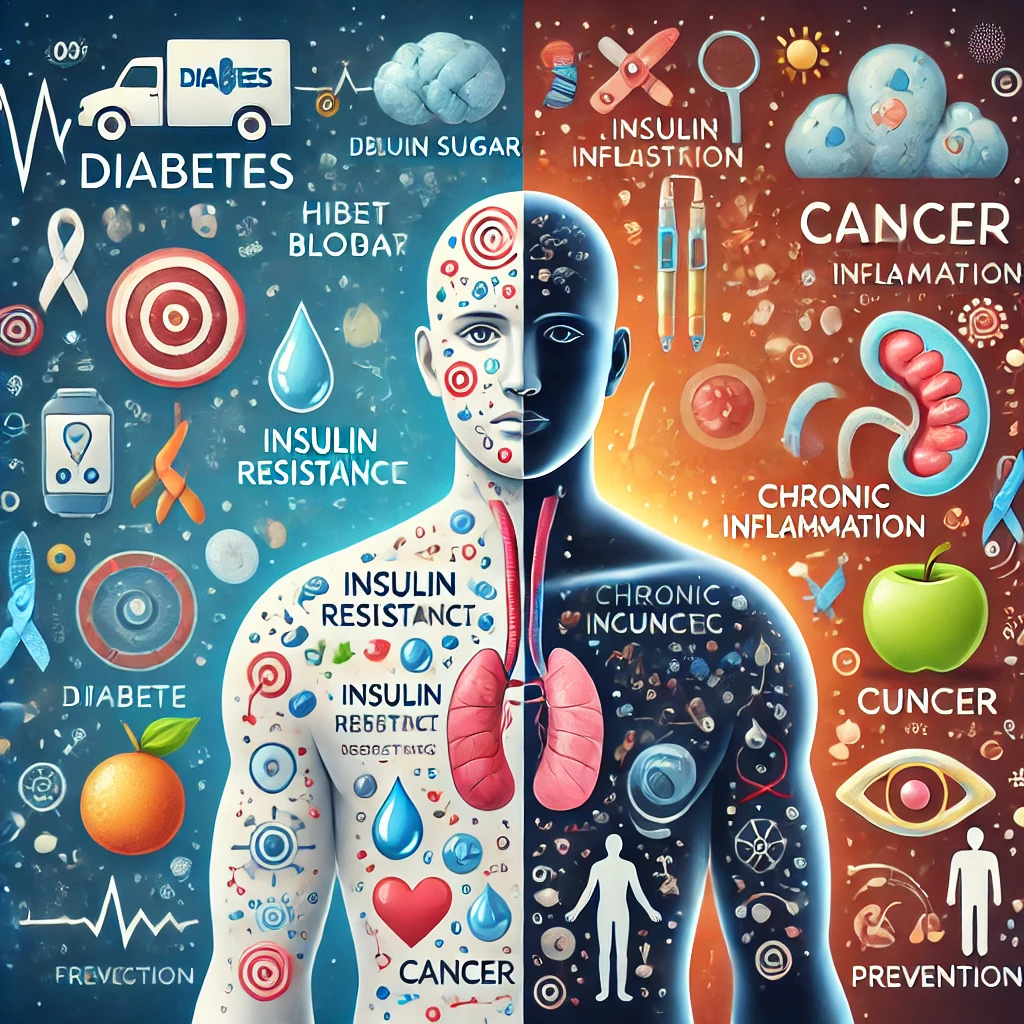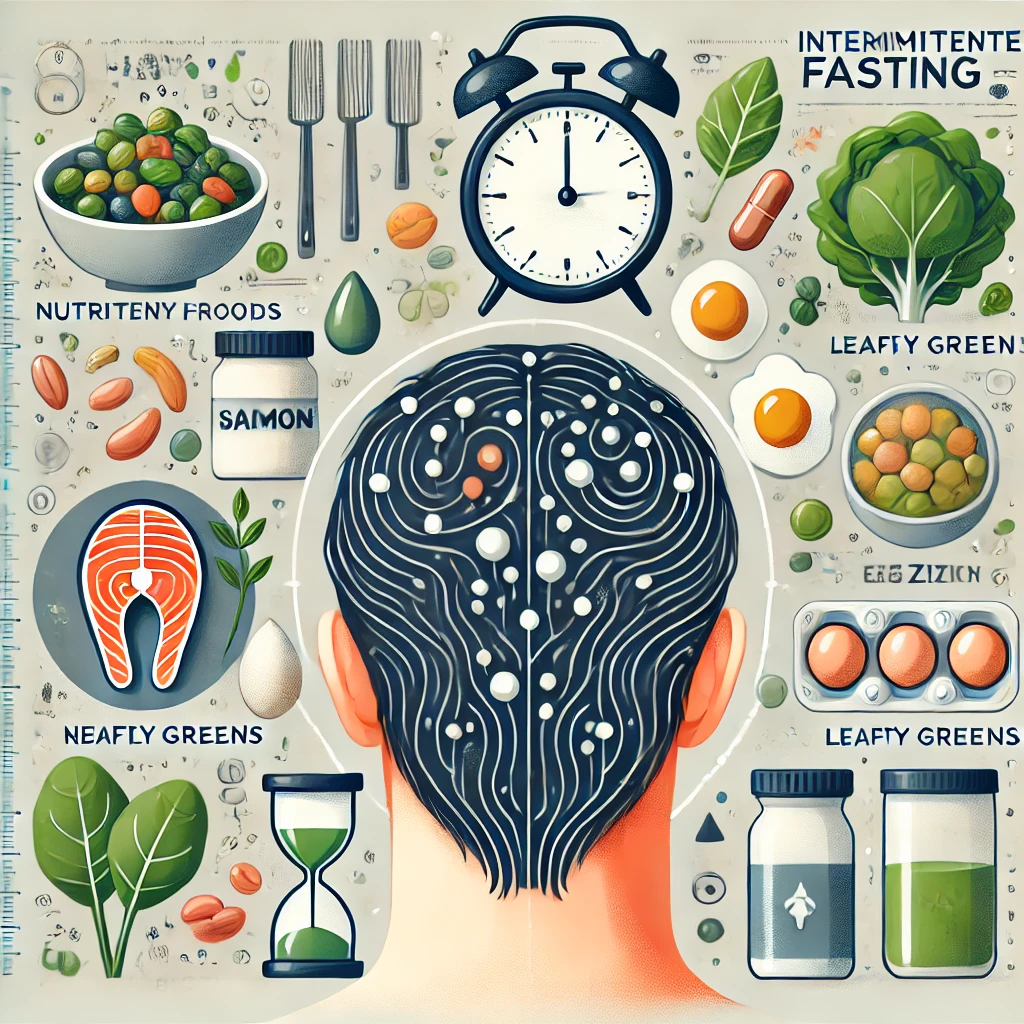Comparison of Acute Kidney Injury and Chronic Kidney Disease
1. Introduction Comparison of Acute Kidney Injury and Chronic Kidney Disease, Acute Kidney Injury (AKI) refers to the sudden deterioration of kidney function within hours or days. If detected early and managed properly, it is… Comparison of Acute Kidney Injury and Chronic Kidney Disease
